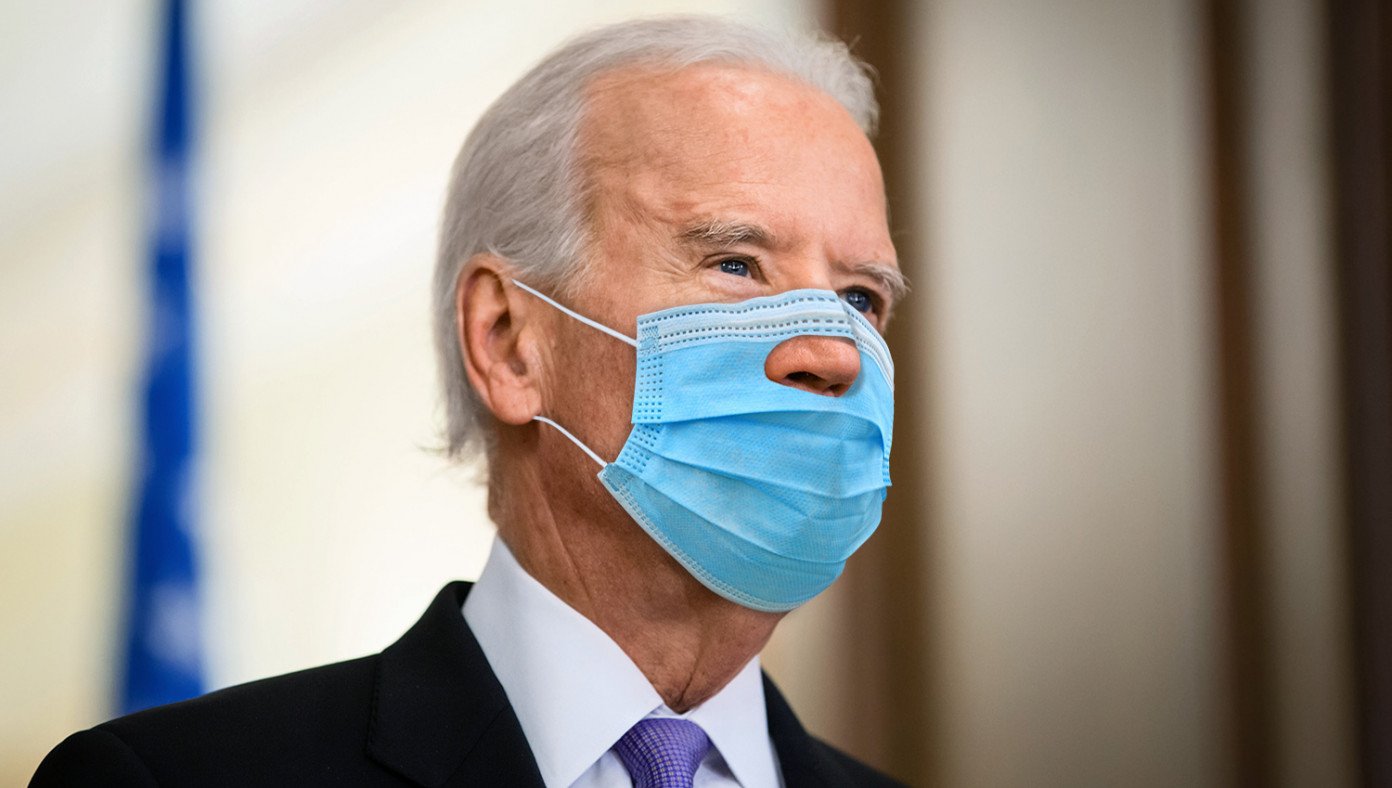Should Masks Be Here to Stay? US States Poised to Criminalize Mask Wearing Amid Palestinian Protests, and other C-Virus related stories
Should masks be here to stay?
Four years after the Covid-19 pandemic’s onset, a lot less people are wearing masks. As vaccines offered protection and the rate of spread slowed, government recommendations for masking dropped. Now, New York’s governor, Kathy Hochul, is considering outlawing masks on public transit. The policy was proposed to prevent criminal attacks, says Hochul, who fears that identity-concealing coverings may be worn in antisemitic ambushes. Hochul agreed that subway riders could have non-criminal reasons for covering their faces, including the prevention of illnesses like Covid and said those people would be excluded from the ban. However, “it was not immediately clear how such a distinction would be enforced,” said The New York Times. The apparent incidents Hochul referenced also did not involve people wearing masks.
Masks became commonplace in America amid the pandemic, but their ubiquity has waned in recent years. And many U.S. residents resisted them to begin with, calling it an infringement on their civil liberties. By contrast, mask-wearing in places like China, Hong Kong and Japan “was a cultural norm even before the coronavirus outbreak,” said the BBC. Citizens in many Asian countries are “used to wearing masks when they are sick or when it’s hay fever season because it’s considered impolite to be sneezing or coughing openly.”
The case for masking
Masks are proven to help stop the spread of Covid, an airborne virus that arrived in 2020 and has since set up permanent shop. As the virus mutates, there are often new strains. While there is not always available data on positivity rates — testing has become less available and less frequent — cases seem to be on the rise in the U.S., driven by the new FLiRT variants.
While deaths due to Covid have dropped since the start of the pandemic, the virus can still be deadly. Additionally, an estimated 5.3% of all U.S. adults have reported having Long Covid, according to the Centers for Disease Control and Prevention (CDC). This post-acute infection syndrome can stem from even a mild or asymptomatic Covid infection.
Masks may additionally help to prevent the increasing spread of other common infections. “At least 13 communicable diseases, from the common cold to measles and tuberculosis, are surging past their pre-pandemic levels in many regions,” said Bloomberg. “Around the world, a post-Covid reality is beginning to sink in: Everyone, everywhere, really is sick a lot more often.” —>READ MORE HERE
US states poised to criminalise mask wearing amid Palestinian protests
Wearing masks could be criminalised in certain US states in response to concerns over pro-Palestinian protesters concealing their faces.
Republican lawmakers in North Carolina are set to reinstate laws that criminalise mask wearing, while New York’s Democratic governor said she supported an effort to ban face coverings on the subway.
Student protesters in Ohio, Texas and Florida have also been threatened with arrest for wearing masks.
Although bans would include exceptions for medical reasons, the move has caused concern among immunocompromised Americans who fear catching coronavirus.
Critics argue that even with medical exemptions, bans would mean mask wearers could be harassed by police officers and other citizens.
There are laws against masking, many of which were created in response to the Ku Klux Klan, in at least 18 states and Washington DC, according to the International Center for Not-For-Profit Law.
Some authorities vowed not to enforce the statutes amid the pandemic, while others passed legislation to create health exemptions. —>READ MORE HERE
Follow links below to relevant/related stories and resources:
You Tested Positive for Covid. Can You Still Travel?
COVID-19 pandemic tied to low birth weight for infants in India, study shows
USA TODAY: Coronavirus Updates
YAHOO NEWS: Coronavirus Live Updates
NEW YORK POST: Coronavirus The Latest








Comments are closed.